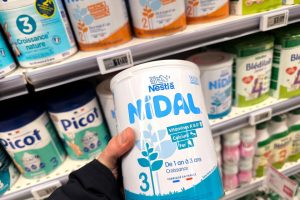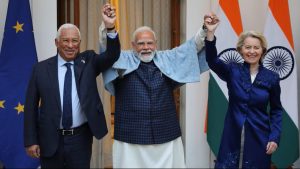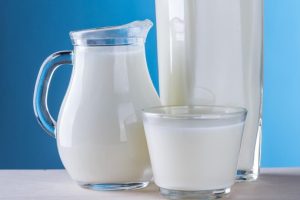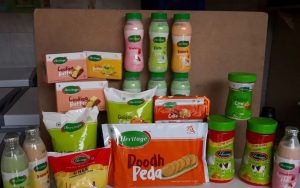
A major cooperative’s move to pass on tax cuts could redefine the agribusiness food supply chain.
The international agribusiness community is watching a compelling development in the Indian dairy market. As reported by The Goan EveryDay, the Karnataka Milk Federation (KMF) has slashed prices on over 30 milk and dairy products in Goa. This significant move, led by the Belagavi Milk Union (BEMUL), is a direct response to a major government policy change and highlights the crucial role of large cooperatives in consumer welfare and market dynamics.
This price reduction is a direct result of a strategic decision by the Central government to reduce the Goods and Services Tax (GST) on various dairy items. The article provides key data journalism, specifying the GST cuts: from 12% to 5% on products like ghee and cheese; from 18% to 5% on cream and ice cream; and from 5% to zero on paneer and buttermilk. These tax reductions created the opportunity for the cooperative to lower its prices and directly impact household budgets.
According to Balachandra Jarkiholi, the President of the Belagavi Milk Union, the move is intended to provide immediate relief to consumers by lowering the cost of essential products. However, the strategy also has a strong commercial motive. The article notes that the lower prices are expected to stimulate demand and increase sales. This, in turn, will indirectly benefit the milk producers who supply the cooperative, creating a virtuous cycle within the food supply chain.
For analysts and producers in dairy economics, this is a powerful case study. It demonstrates a market where a major cooperative is actively using government policy to its advantage, not just to benefit consumers but to also gain a competitive edge. By passing on tax benefits, KMF is positioning itself as a consumer-friendly brand, which could lead to increased market share and stronger loyalty against private-sector competitors in the region.
In conclusion, the decision by KMF to reduce prices is a multifaceted one, with both social and commercial implications. It is a win for consumers in Goa who will see their monthly budgets reduced. It is also a strategic win for the cooperative, which is using this opportunity to boost sales and reaffirm its market position. This initiative offers a valuable lesson for the global dairy sector on how to navigate government policy and leverage it to create a more efficient and profitable agribusiness model.
Source: The Goan EveryDay, “KMF slashes prices of milk and dairy products in Goa”
You can now read the most important #news on #eDairyNews #Whatsapp channels!!!
🇮🇳 eDairy News ÍNDIA: https://whatsapp.com/channel/0029VaPidCcGpLHImBQk6x1F

















